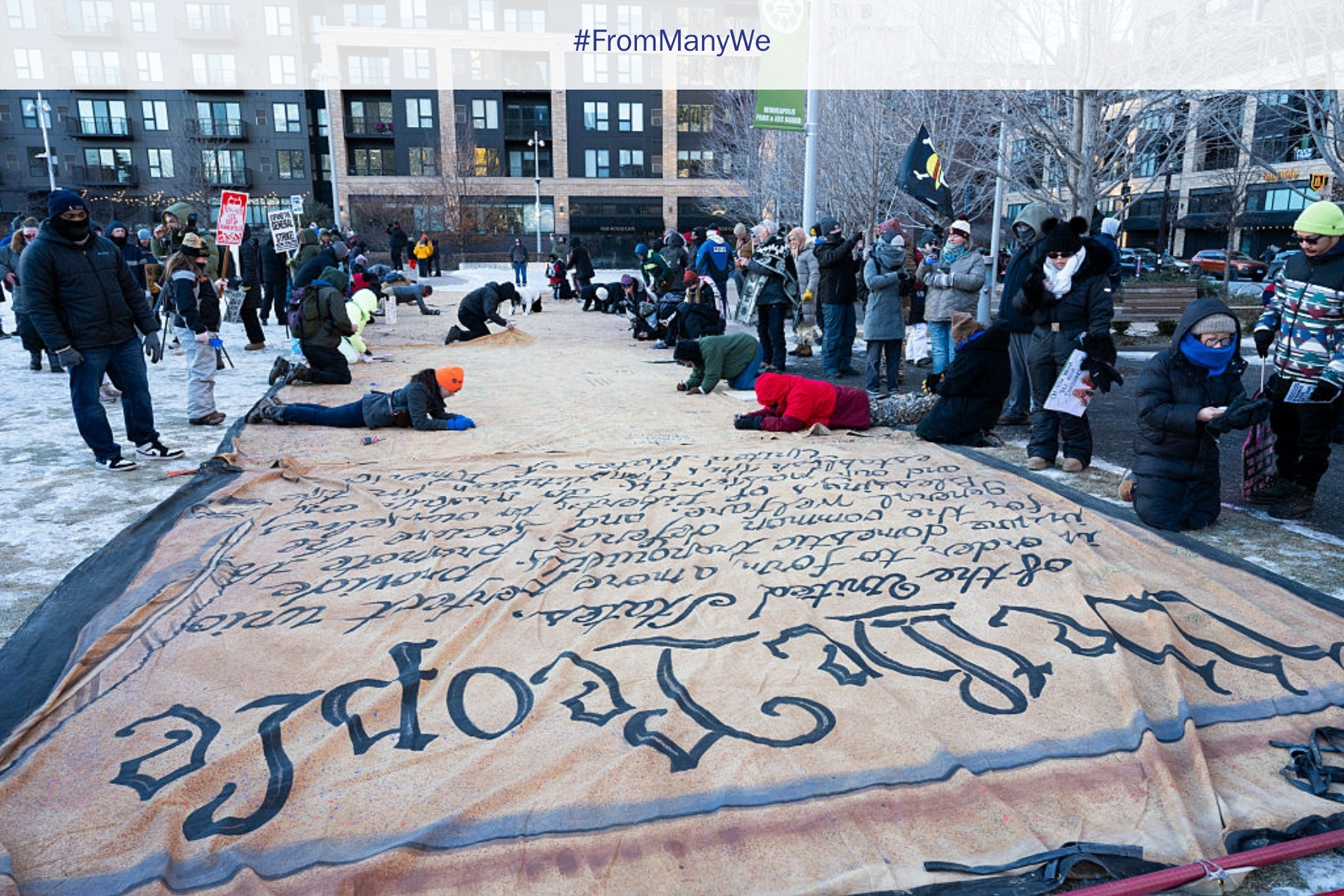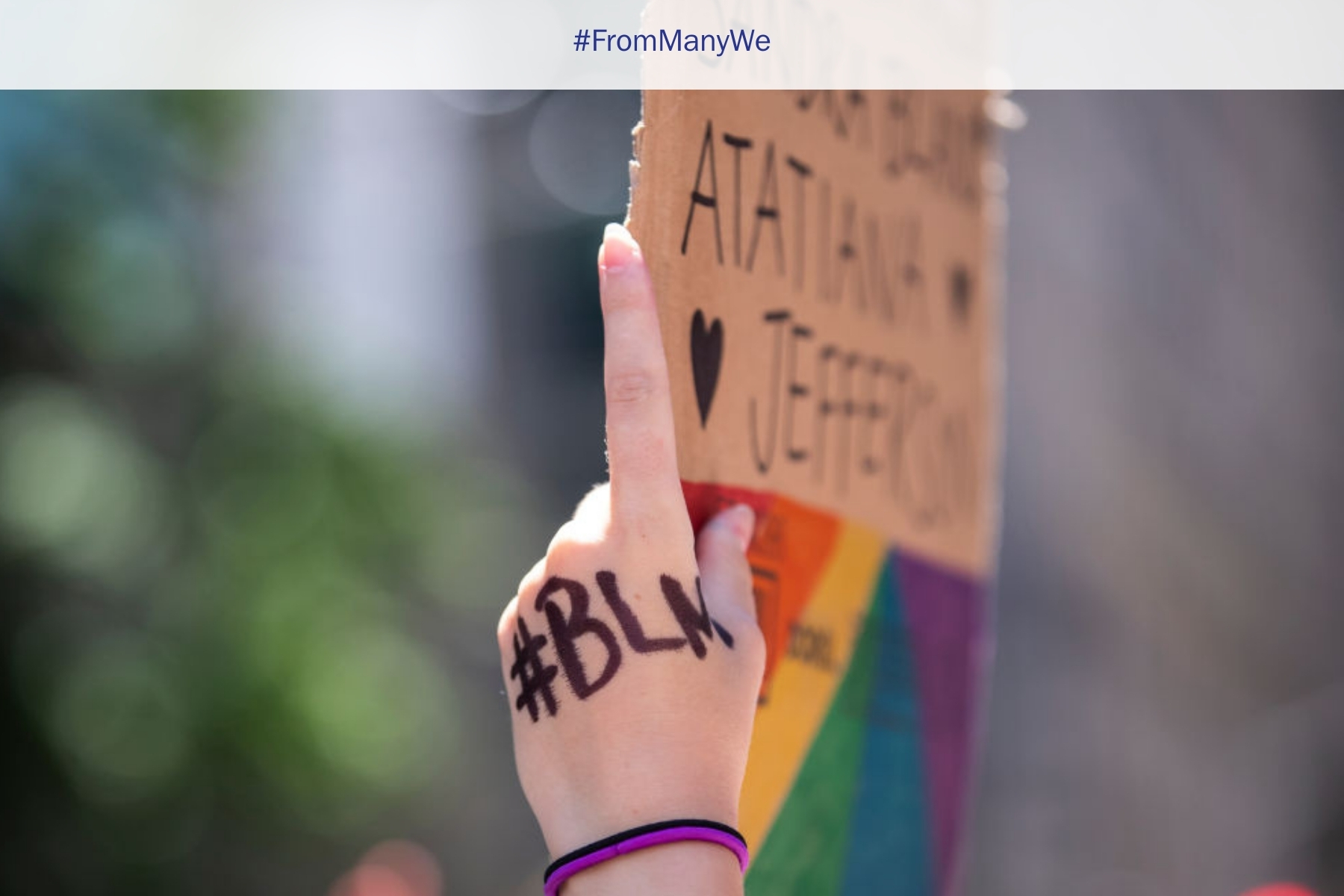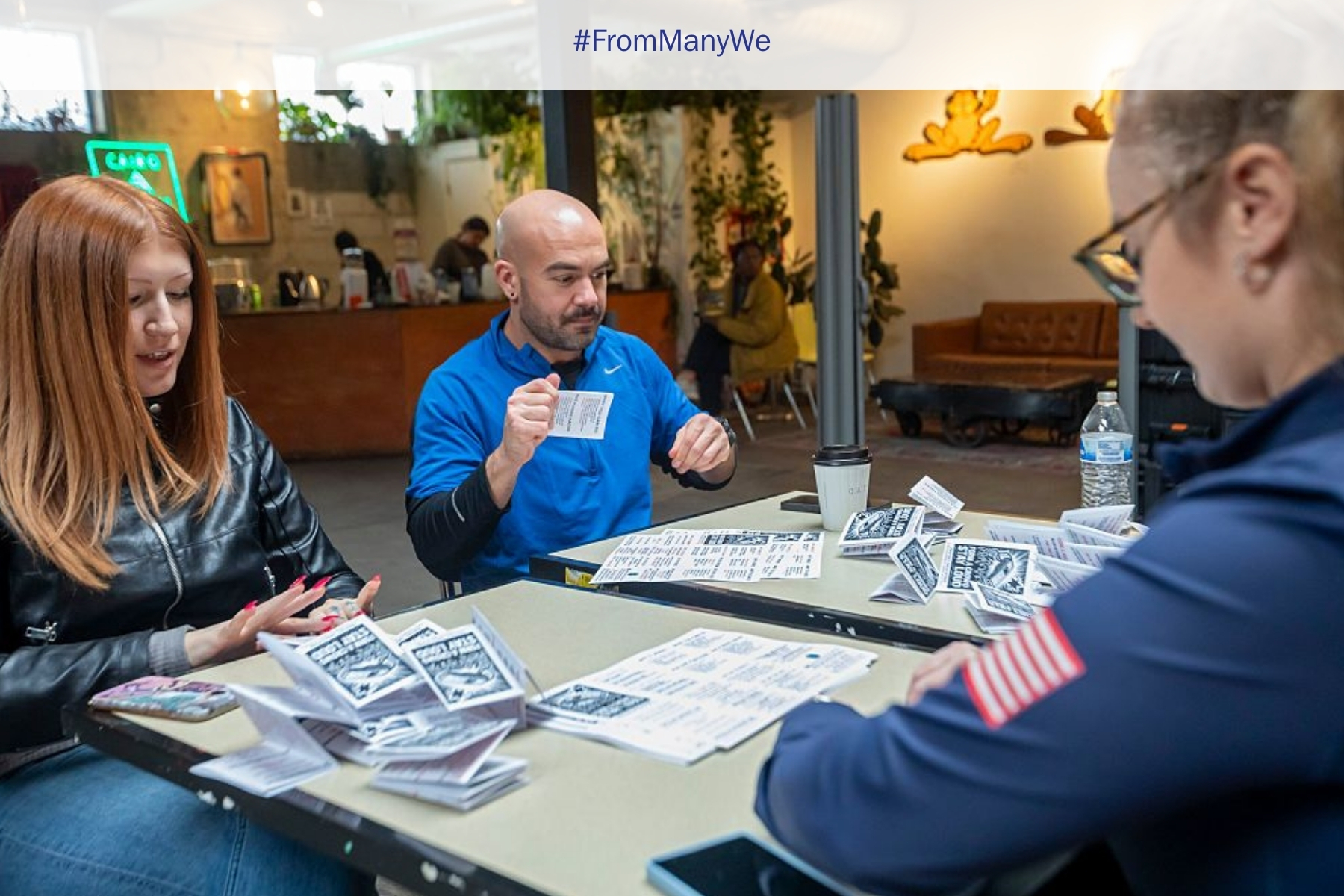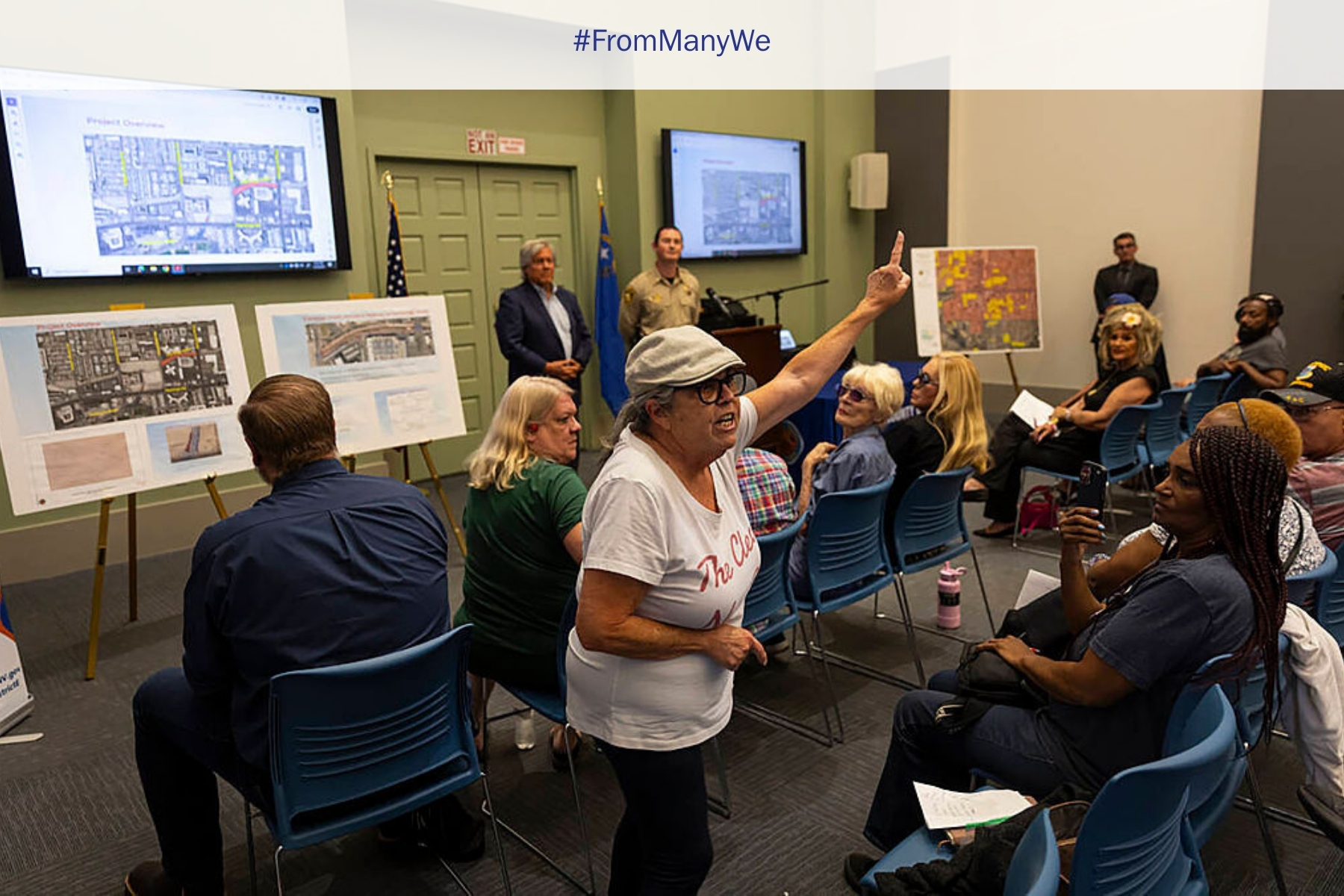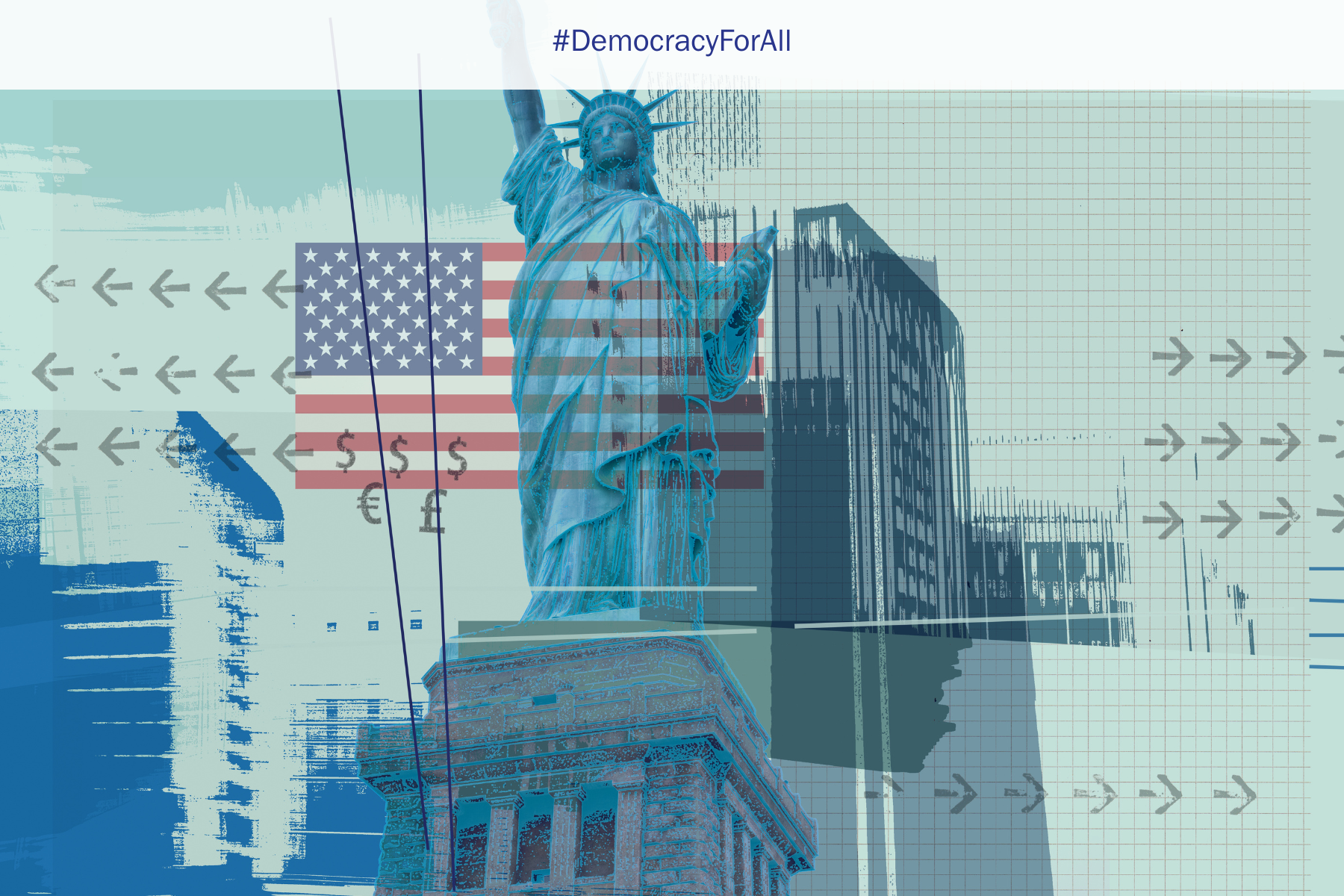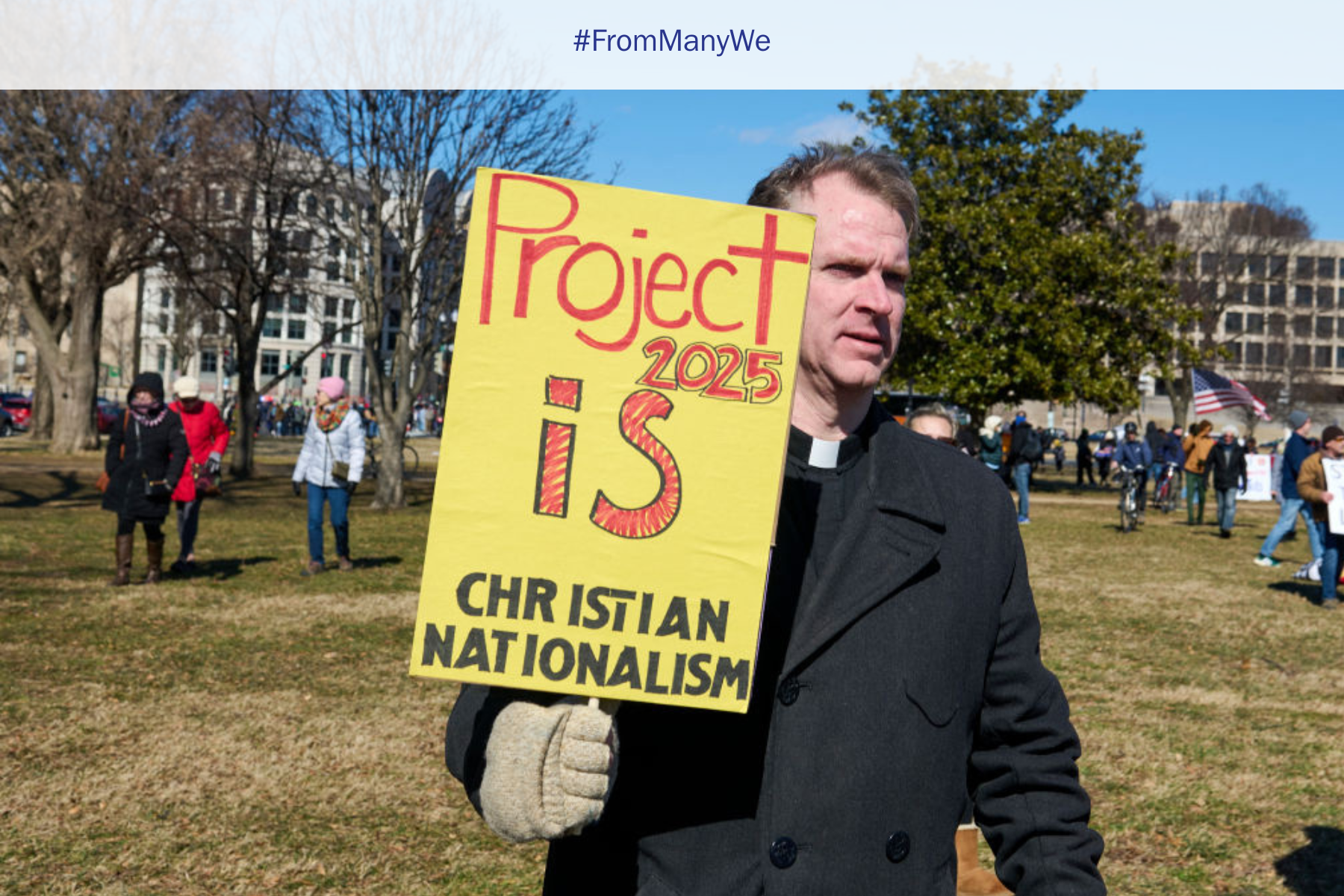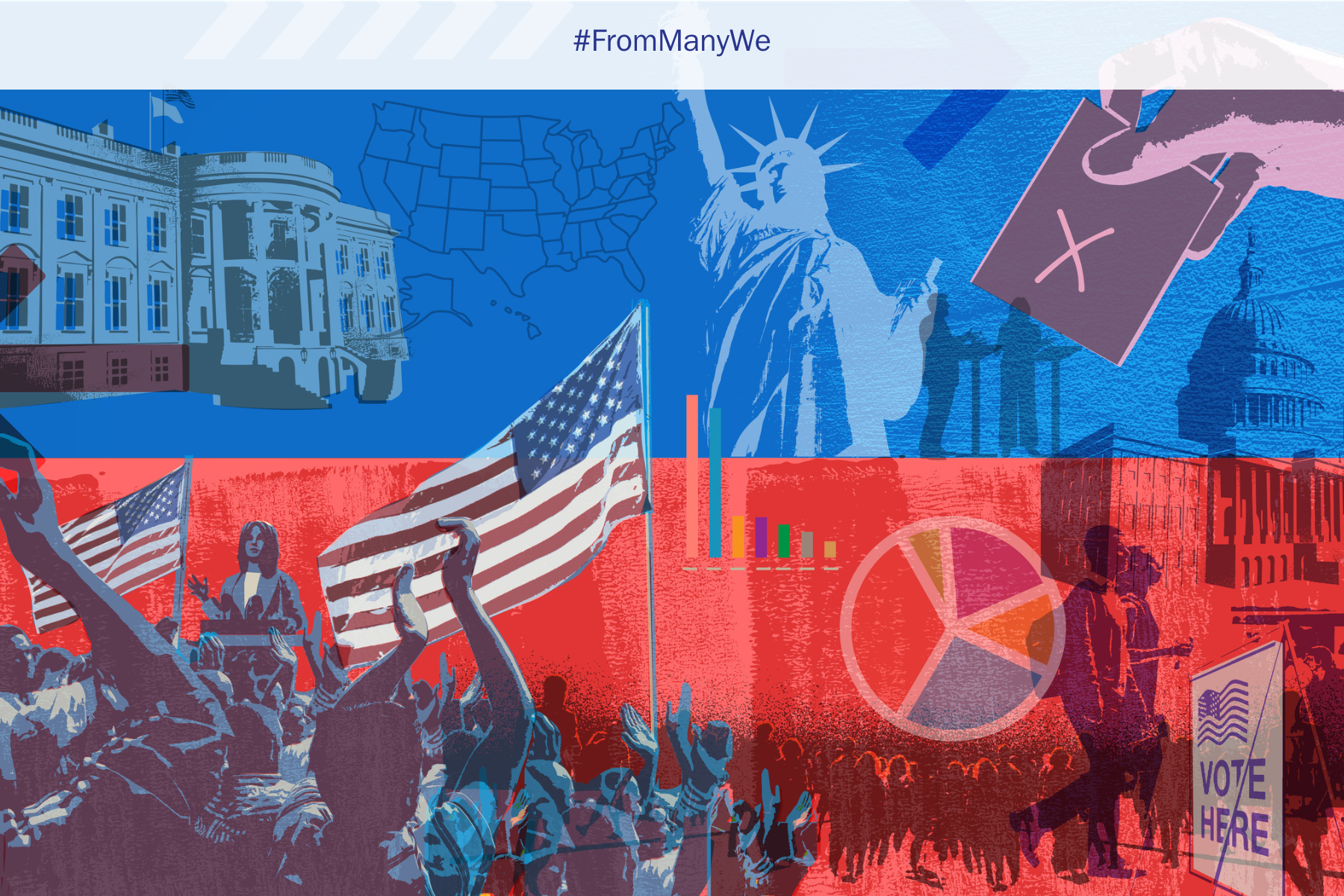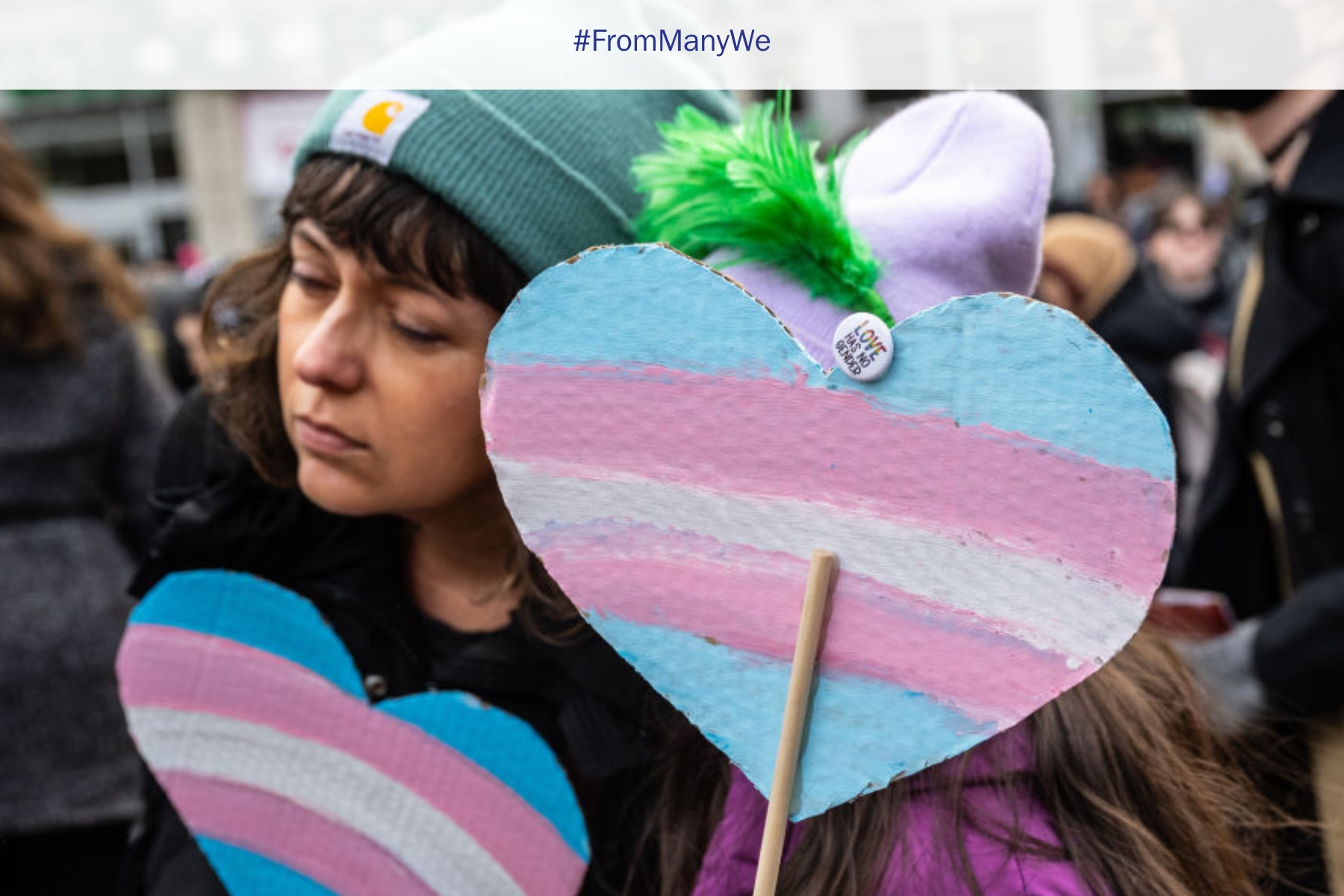What Is Inclusive Democracy?
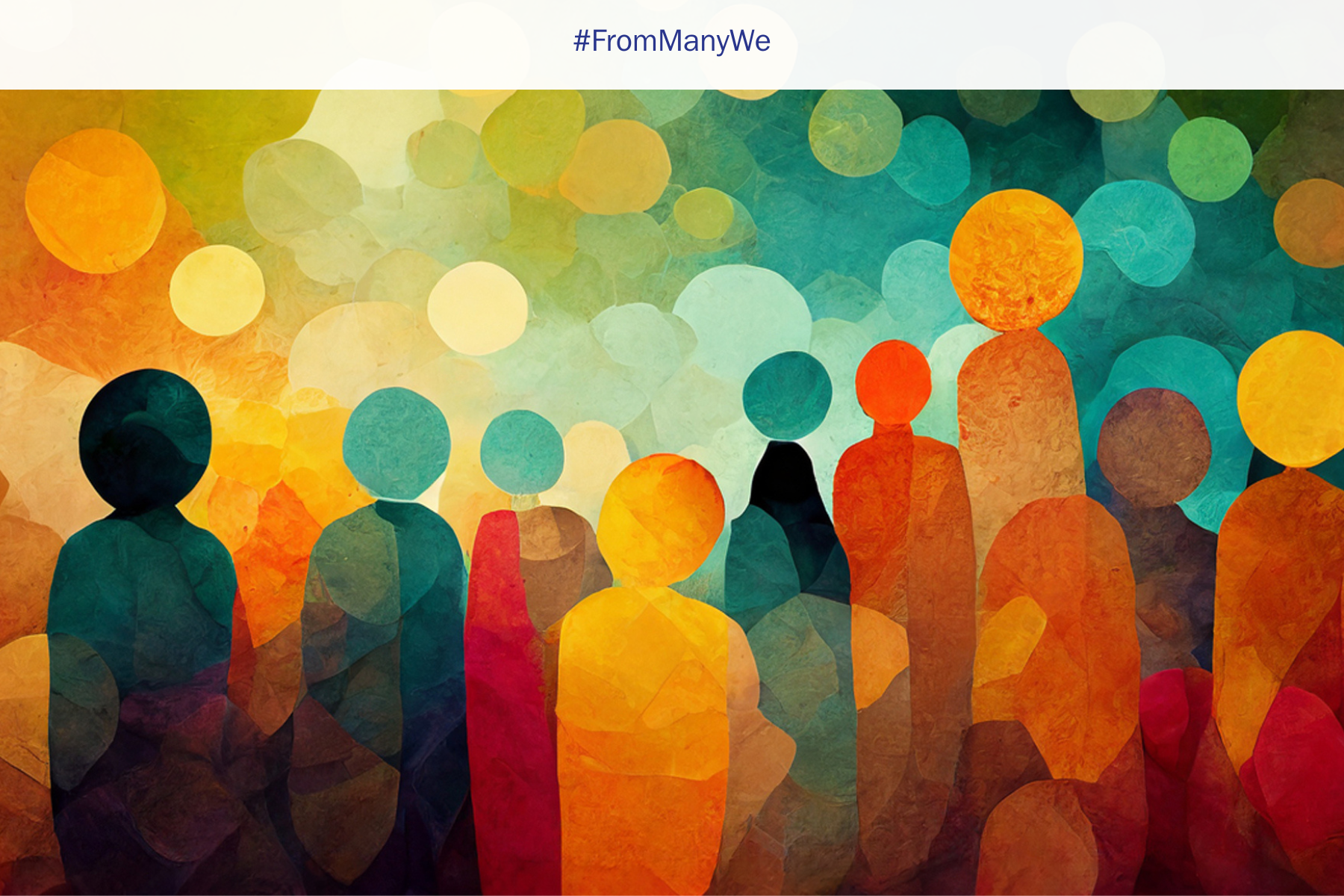
Since the US Civil Rights Movement, inclusion has become a common term in public discourse, but what it means is not always clear. By now, the concept of inclusion has impacted organizations and institutions throughout the United States, including corporations, the military, and college campuses. It has also generated much backlash and debate. What would it mean if inclusion became an organizing principle for thinking about democracy as a whole? And why is it needed to do so? Here, I offer a political theorist’s initial take on how inclusive democracy compares with and builds on the familiar understandings of democracy. I propose that inclusive democracy recognizes the gap between the reality of democracy and the ideal of full inclusion while also implying an additional civic ethos that values and appreciates diversity.
Why Do Democracies Struggle with Inclusion?
At its most fundamental, democracy, which combines the Greek roots demos (people, the many) and kratos (power), means “rule by the people.” It is a simple and powerful idea. One would think that the rule of the people is inherently inclusive. However, scholars have increasingly noted the historical precariousness of multiracial, multiethnic democracies. Modern democracies operationalize the rule of the people through elections, which necessarily have winners and losers. Democracy thus tends to favor groups in the majority while producing unfavorable outcomes for minority groups. Such outcomes range from structural disadvantages to apartheid systems and ethnic cleansing in the worst examples. Central problems for any democracy include who is included in “the people” and, especially, how to protect and include minorities.
The Founders’ Solution
The protection of minorities from tyrannical majorities was a central concern of the Founders. Their response is laid out in the Federalist Papers, the collection of essays by James Madison, Alexander Hamilton, and John Jay, published in the period leading up to the ratification of the US Constitution. Rather than simple majority rule, they propose a large republic combined with a system of checks and balances to distribute power. Theoretically, they argue, well-designed institutions will ensure that the system works to the common benefit of all—or at least not to the advantage of any particular group, including the majority. When it works well, the system harnesses the inherent power-seeking nature of groups to create a healthy competition in which no group is at a structural disadvantage. The writers of the Federalist Papers believed that institutions are self-regulating and should maintain the trust and confidence of the whole people.
Exclusion in the United States: Old and New
Unfortunately, we all know that the reality of US history has not lived up to the ideal of full inclusion. In his new book, The Darkened Light of Faith, Melvin Rogers asks a provocative question: “What is it about democracy that justifies our faith, especially African Americans’ faith in it?” Despite the intentional design of institutions to prevent domination by the majority, African Americans and other vulnerable minorities have suffered systematic inequality long after the formal end of slavery.
Today, American democracy is facing the acute challenge of a movement that is actively resisting the ideal of inclusion. Instead of welcoming demographic and social change, we are seeing narratives of White victimhood, attacks on the diversity movement in higher education and the corporate sector, and racial gerrymandering and voter suppression. This reactionary movement fits a common pattern, both in American history and democracies across the globe, of once-dominant groups embracing authoritarian politics and exclusionary ideologies when threatened with a loss of status. We do not know what the future holds, but some scholars have begun wondering about a heightened risk of civil war.
Inclusive Democracy as a Civic Ethos
Inclusive democracy affirms the traditional understanding of democracy while also recognizing that more work needs to be done so that the reality approaches the ideal. In addition to the rule of law and properly designed institutions, democracies also require a civic ethos—a set of widely shared norms and habits—to support their long-term legitimacy. Inclusive democracy centers democracies’ acceptance and appreciation of diversity as critical to the future. If democracy is the rule of the people, from this perspective “the people” is understood not as a unitary, homogeneous group, but rather as the whole people in all its diversity.
Our national motto, E Pluribus Unum, “From Many, One,” suggests our founding generation was aware of the diversity of the republic and the challenges it would create. Unity has too often been established through the exclusion of difference, by repression, or through forced assimilation into a single, homogeneous whole. But it can also be created through a shared appreciation of difference, a complex but stronger collective identity—a “We” that contains diversity within it. Inclusion is not just a buzzword, it is the key to the healthy future of our democracy.
Derek W. M. Barker is a program officer at the Charles F. Kettering Foundation, a political theorist, and the lead editor of the foundation’s blog series From Many, We.
From Many, We is a Charles F. Kettering Foundation blog series that highlights the insights of thought leaders dedicated to the idea of inclusive democracy. Queries may be directed to fmw@kettering.org.
The views and opinions expressed by contributors to our digital communications are made independent of their affiliation with the Charles F. Kettering Foundation and without the foundation’s warranty of accuracy, authenticity, or completeness. Such statements do not reflect the views and opinions of the foundation which hereby disclaims liability to any party for direct, indirect, implied, punitive, special, incidental, or other consequential damages that may arise in connection with statements made by a contributor during their association with the foundation or independently.
